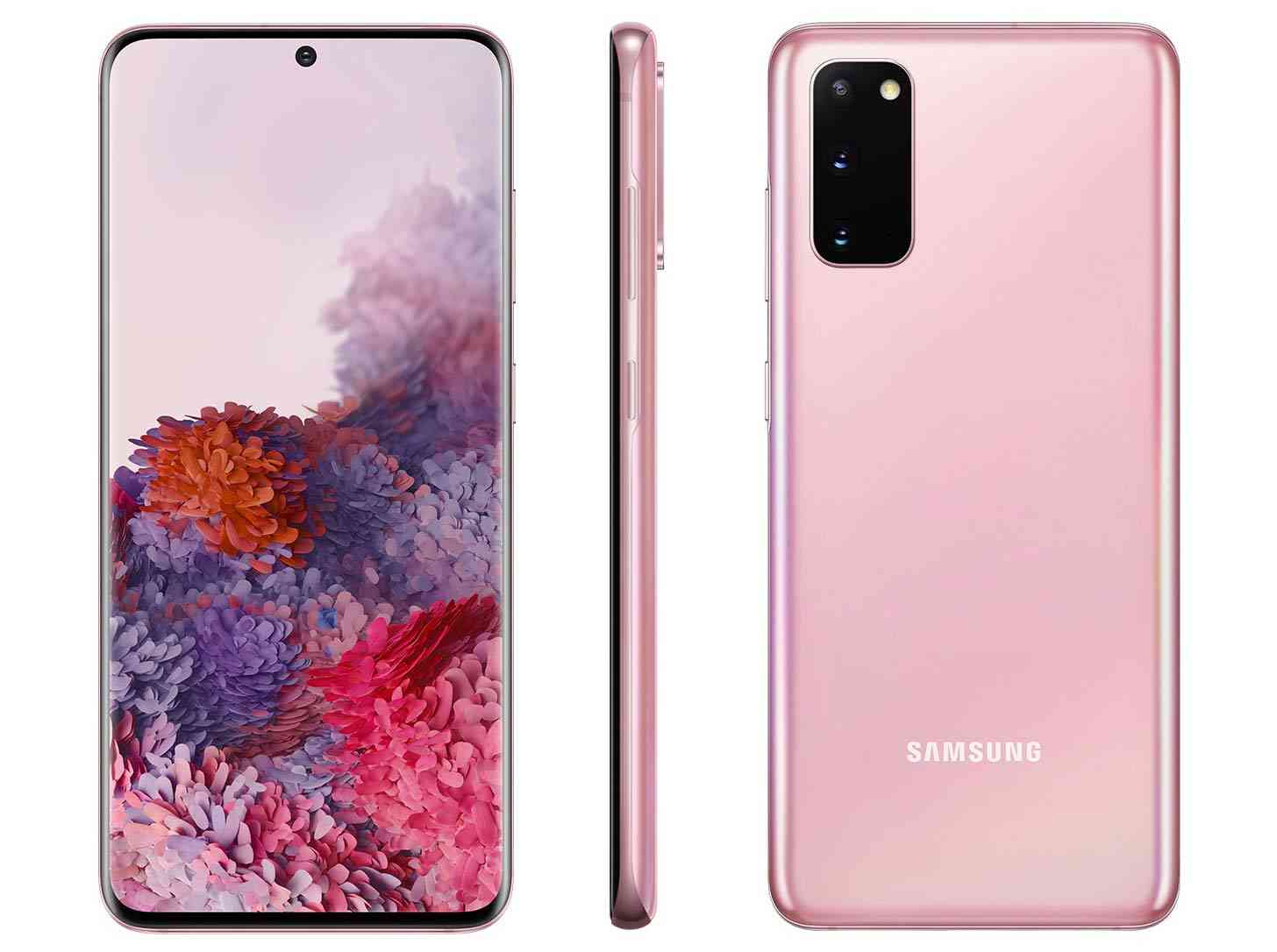
When the Galaxy S20 series was announced earlier this year, Verizon said that it would have the Galaxy S20+ and S20 Ultra available on day one but that the regular S20 wouldn't be launching until sometime in Q2 2020. Now that time is finally almost here.
Verizon will begin taking pre-orders for its Galaxy S20 5G UW on May 21 at 12:01 am PT/3:01 am ET ahead of its launch on June 4. Pricing will be set at $41.66 per month for 24 months or $999.99 full retail.
The big red carrier will also be offering a few deals on the Samsung Galaxy S20 5G UW to help you save some cash. For example, new and existing customers will save $150 when they buy a Galaxy S20 5G UW. That credit will be spread out over 24 months.
Existing customers can save another $350 when they buy a Galaxy S20, trade in their existing smartphone, and have an active Verizon Unlimited plan: either Above, Beyond, Do, Play, or Get. This discount will be applied over 24 monthly credits.
Customers who buy any Galaxy S20 series phone can get up to $1,000 toward another when they add a new line on an Unlimited plan and buy their phones on installments.
And finally, Verizon customers who buy a Galaxy S20 series phone on installments can get $150 off select Samsung tablets or $100 off select Samsung wearable devices.
This Samsung Galaxy S20 5G UW is largely similar to the Galaxy S20 that's been available on other carriers for a few months now. It's got a 64MP main camera, 120Hz display refresh rate, 4000mAh battery, and so on. Verizon is getting an exclusive Cloud White color option for the Galaxy S20 5G UW, but the big difference here is that this S20 5G UW includes support for the millimeter wave spectrum used for Verizon's 5G Ultra Wideband network, a feature that the Galaxy S20 phones on other carriers lack.
Verizon says that this Galaxy S20 5G UW will also support its low-band 5G network that'll be launching later this year, so you've got that to look forward to if you plan on picking up this new S20 model from Verizon.
Verizon's 5G Ultra Wideband network is currently available in 34 cities, with more being added throughout 2020.